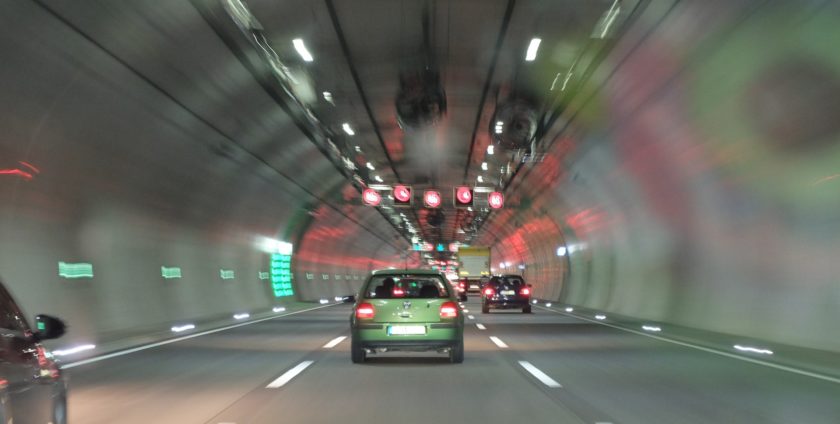
- By: Admin
- 0 comment
Passive Fire Protection for Tunnel Fires
Major tunnel fires can be catastrophic with the scale of potential lives that could be lost and property that could be damaged. Fires in such confined spaces present an exceptional challenge for fire engineers, health and safety professionals and the emergency services. The potential consequences of railway tunnel fires, both materially and in terms of loss of lives often exceed such road tunnels disasters.
In March 2017, more than 30 people died after an explosion and fire engulfed vehicles more than 40 cars and commercial vehicles in the Yanhou Tunnel in China. A coal truck collided with a one of a four-tanker convoy loaded with highly flammable methanol, which resulted in the fire and explosion. While it is still not yet clear as to the full economic consequences of this particular tunnel fire, to get an idea of the costs of tunnel fires, we can use other examples from history.
In 2008, the Channel Tunnel fire in the UK lasted approx. 16 hours and temperatures reached up to 1000 °C. The repairs costs were approx. €60 million and the loss of business through disruption to rail services was €200 million.
Another example is the horrific in 1999 Mont Blanc Tunnel fire, which is often described as the world worst tunnel fire, on the France / Italian border, where a Belgian transport truck caught fire and claimed 39 lives and resulted in multi-million Euro fines for the companies that were involved and custodial sentences for the senior executives responsible for safety.
Thankfully, tunnel fires that lead to major disasters like these examples are quite rare, particularly taking into consideration the significant levels of traffic they accommodate. However, when disaster strikes it can be particularly costly in terms of life and property, and can cause considerable disruption lasting months or even years.
When a fire takes hold in a tunnel it can present a number of challenges and dangers to fire fighters:
- Incredible heat that can take days to cool.
- Thick toxic fumes.
- Airflow that generates aerodynamic disturbance affecting smoke behaviour.
- Poor or no visibility.
- Confined operating space for emergency services.
Passive Fire Protection Solutions for Tunnel Fires
No one is able to predict when and how variable accidents may occur, but certain preventable measures can be placed that will minimise or avoid any irreversible damages to what is valued the most. LUCO’s Passive fire protection system can provide various hours of fire protection and minimise the fire damage to infrastructure.
Fire detection and prevention are not extras but indispensable tools to protect tunnels and their users from catastrophe. The possible cost in lives, property loss and disruption caused means that investing fully in passive fire protection measures is a sound use of funds.
